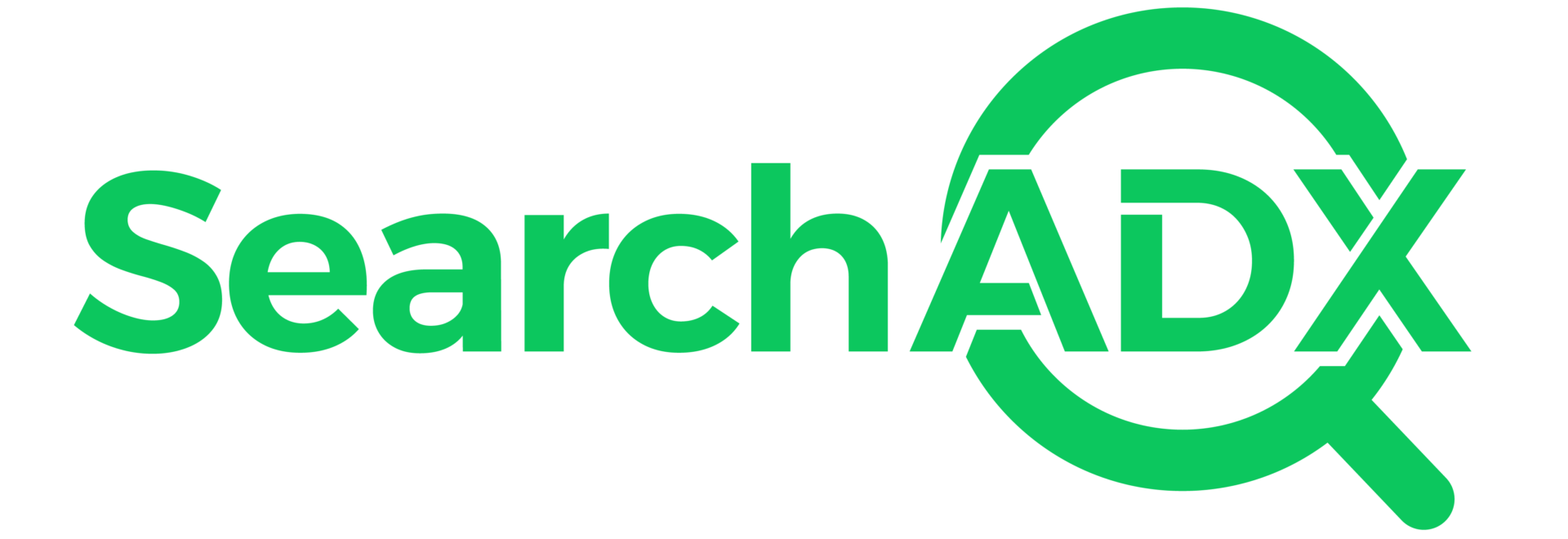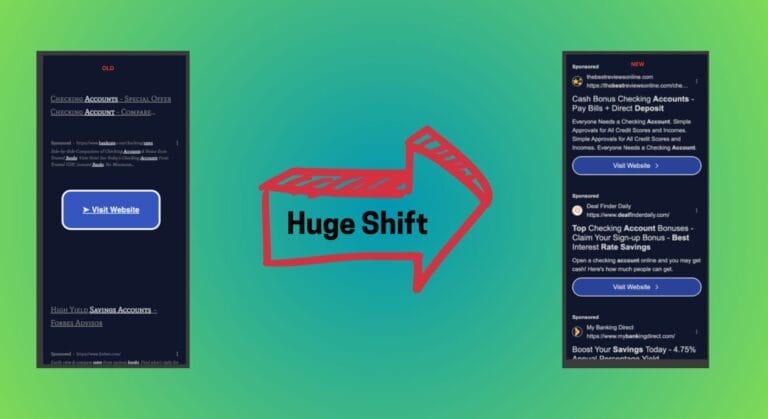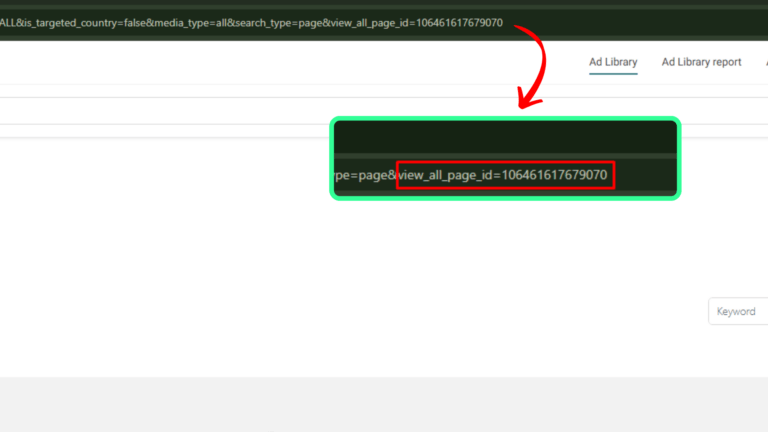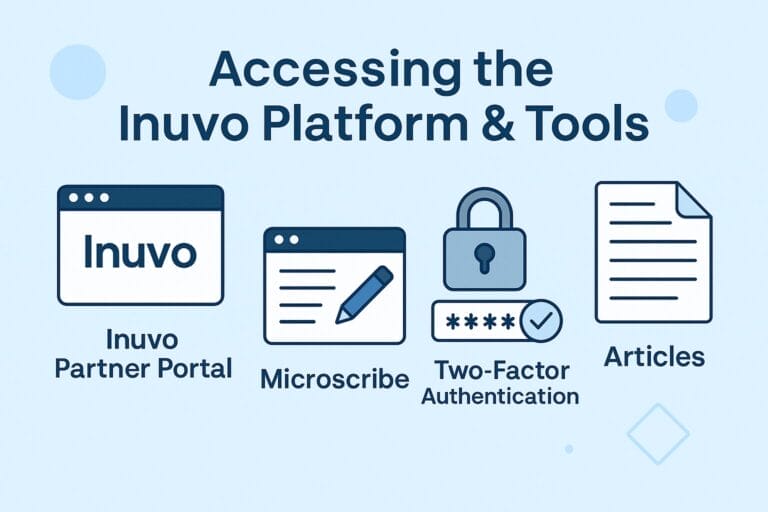Search arbitrage continues to evolve rapidly, with major shifts happening in 2025 that every affiliate marketer needs to understand. Tonic, one of the most respected search feed providers in the industry, sits at the center of this transformation as the market transitions from traditional AFD (AdSense for Domains) to the more advanced RSOC (Related Search on Content) model.
Whether you’re already running search arbitrage campaigns or looking to break into this lucrative vertical, understanding the differences between AFD and RSOC—and how Tonic fits into your strategy—is crucial for maximizing your ROI in today’s competitive landscape.
What is Search Arbitrage and Why Tonic Matters
Search arbitrage is a traffic monetization strategy where marketers buy traffic at a lower cost and redirect it to search result pages that generate higher revenue per click (RPC). The profit comes from the difference between what you pay for traffic and what you earn from clicks on the search results.
Tonic, based in Germany, has established itself as one of the most reputable search feed providers in the industry. Their platform offers both AFD and RSOC solutions, making them a critical partner for serious arbitrageurs looking to scale their operations.
The Current Market Landscape
The search arbitrage industry is experiencing its biggest transformation since inception. Google’s policy changes, effective March 2025, are forcing a fundamental shift from AFD to RSOC models. This isn’t just a minor adjustment—it’s reshaping how the entire industry operates.
Understanding AFD (AdSense for Domains): The Traditional Approach
What is AFD?
AFD, or AdSense for Domains, represents the classic search arbitrage model. With AFD, you purchase a domain and register it with your search feed provider. Instead of hosting your own content, the network hosts “relevant searches” with sponsored links.
How AFD Works with Tonic
- Domain Registration: Purchase and register domains with Tonic
- Traffic Direction: Send paid traffic to these parked domains
- Search Results Display: Tonic displays relevant search results and ads
- Revenue Generation: Earn revenue when visitors click on the sponsored results
AFD Advantages
- Simpler Setup: No need to create content or landing pages
- Faster Launch: Can start campaigns quickly once approved
- Lower Maintenance: Minimal ongoing content requirements
- Proven Track Record: Decade-plus history of successful campaigns
AFD Challenges in 2025
The AFD model faces significant headwinds:
- Google Policy Changes: New policies require manual opt-in for parked domain advertising
- Traffic Quality Control: Harder to control ad messaging and user expectations
- Compliance Issues: Higher risk of policy violations
- Limited Scalability: Increasingly difficult to get new domains approved
RSOC (Related Search on Content): The Future of Search Arbitrage
What is RSOC?
Related Search on Content represents the evolution of search arbitrage. Instead of sending traffic to parked domains, RSOC integrates search results directly into content-rich pages, creating a better user experience while maintaining revenue potential.
How RSOC Works with Tonic
- Content Creation: Develop valuable, engaging content pages
- Traffic Direction: Send visitors to these content-rich landing pages
- Integrated Search Results: Tonic embeds relevant search results within the content
- Enhanced Monetization: Multiple revenue streams including ads, affiliate links, and AdSense
RSOC Advantages
- Better User Experience: 2-3 fewer clicks to reach relevant results
- Higher RPCs: Often outperforms AFD in revenue per click
- Multiple Monetization Options: Combine search results with affiliate marketing and AdSense
- Future-Proof: Aligns with Google’s focus on quality content
- Lower Compliance Risk: Content pages face fewer policy restrictions
- Broader Traffic Source Compatibility: Works with more advertising platforms
RSOC Challenges
- Complex Setup: Requires content creation and ongoing management
- Tracking Complexity: More difficult to track compared to AFD
- Higher Initial Investment: Need resources for content development
- Market Saturation Risk: As more affiliates switch to RSOC, competition increases
Tonic as Your Search Feed Provider: What You Need to Know
Why Choose Tonic?
Reputation and Reliability: Tonic has built a stellar reputation in the search arbitrage community for reliability, competitive RPCs, and professional service.
Advanced Platform Features:
- Easy tracking setup and integration
- Real-time reporting and analytics
- Quick approval processes for qualified marketers
- Support for multiple traffic sources
Dual Model Support: Tonic offers both AFD and RSOC solutions, allowing you to transition smoothly between models or run both simultaneously.
Getting Approved with Tonic
The Challenge: Tonic has become increasingly selective with new applications. Industry reports suggest they’ve limited new signups due to high demand.
Approval Strategies:
- Demonstrate Experience: Show previous search arbitrage success
- Quality Traffic Sources: Prove access to high-quality traffic
- Professional Approach: Present a complete business plan
- Network Connections: Leverage existing relationships in the industry
- Alternative Path: Consider becoming a media buyer for existing Tonic partners
Tonic vs Competitors
Tonic vs System1:
- Tonic: Better platform interface, competitive RPCs, selective approval
- System1: Larger scale, both AFD and RSOC, potentially easier approval
Tonic vs Media.net:
- Tonic: More focused on search arbitrage, better reporting
- Media.net: Broader ad network, different revenue models
Tonic vs Sedo:
- Tonic: Better for pure search arbitrage
- Sedo: Strong in domain marketplace, niche traffic focus
Traffic Sources That Work Best with Tonic
Native Advertising
Platforms: Taboola, Outbrain, RevContent
Advantages: High-quality traffic, good conversion rates, content integration
Best Practices: Focus on engaging headlines and relevant targeting
Social Media Advertising
Platforms: Facebook, TikTok (with caution)
Considerations: Platform policies around search arbitrage vary
Strategy: Test carefully and maintain compliance
Google Display Network (GDN)
Advantages: Massive scale, detailed targeting options
Challenges: Requires careful placement optimization
Best Practice: Manual bidding for better cost control
Search Engine Marketing
Platforms: Google Ads, Bing Ads
Strategy: Target high-intent keywords
Consideration: Less popular but can be effective for specific niches
Tracking and Optimization Strategies
Essential Tracking Setup
ClickFlare Integration: ClickFlare offers direct API integrations with Tonic, providing real-time revenue tracking and optimization capabilities.
Key Metrics to Monitor:
- Revenue Per Click (RPC)
- Cost Per Click (CPC)
- Click-Through Rate (CTR)
- Conversion Rate
- Return on Ad Spend (ROAS)
Optimization Techniques
Keyword Research: Use tools like Google Keyword Planner to identify high-RPC opportunities
A/B Testing: Test different:
- Ad creatives and headlines
- Landing page layouts (for RSOC)
- Traffic sources
- Bidding strategies
Automation Tools: Consider platforms like The Optimizer or Maximizer for campaign automation and optimization
Transitioning from AFD to RSOC with Tonic
Planning Your Transition
Timeline Considerations: Google’s policy changes make the transition from AFD to RSOC urgent for long-term sustainability.
Resource Requirements:
- Content creation team or budget
- Enhanced tracking setup
- Additional compliance monitoring
- Potentially higher initial investment
Implementation Strategy
- Parallel Testing: Run both AFD and RSOC campaigns simultaneously
- Content Development: Create high-quality, engaging content for RSOC pages
- Traffic Source Evaluation: Determine which sources work best for each model
- Performance Monitoring: Compare ROI across both approaches
- Gradual Migration: Shift budget to the better-performing model
Industry Trends and Future Outlook
Google Policy Impact
The March 2025 policy changes requiring manual opt-in for parked domain advertising represent a fundamental shift. While some advertisers may manually opt back in, the overall AFD budget is expected to decline significantly.
RSOC Market Dynamics
As the industry consolidates around RSOC, expect:
- Increased Competition: More affiliates transitioning to RSOC
- Quality Requirements: Higher standards for content and user experience
- Innovation Opportunities: AI-powered content generation and optimization
- Consolidation: Stronger feed providers like Tonic gaining market share
Technology Developments
AI Integration: Search feed providers are implementing AI for:
- Content generation and optimization
- Better targeting and personalization
- Improved tracking and analytics
- Automated compliance monitoring
Best Practices for Success with Tonic
Content Strategy for RSOC
Focus on Value: Create genuinely helpful content that addresses user intent
SEO Optimization: Optimize content for relevant keywords and search engines
User Experience: Ensure fast loading times and mobile optimization
Compliance: Maintain strict adherence to advertising policies
Campaign Management
Start Small: Begin with limited budgets to test and optimize
Quality Over Quantity: Focus on high-quality traffic sources
Continuous Testing: Regularly test new approaches and optimize existing campaigns
Relationship Building: Maintain good relationships with your account manager
Scaling Strategies
Vertical Expansion: Test new niches and verticals gradually
Geographic Expansion: Explore international markets with different competitive dynamics
Traffic Diversification: Don’t rely on a single traffic source
Technology Investment: Invest in proper tracking and automation tools
Common Mistakes to Avoid
Technical Mistakes
- Poor Tracking Setup: Inadequate tracking leads to poor optimization decisions
- Insufficient Testing: Rushing to scale without proper validation
- Platform Policy Violations: Ignoring compliance requirements
Strategic Mistakes
- Over-Reliance on AFD: Failing to prepare for the RSOC transition
- Poor Traffic Source Selection: Choosing quantity over quality
- Inadequate Capital: Underestimating the investment required for success
Getting Started with Tonic: Action Plan
Phase 1: Preparation (Weeks 1-2)
- Research and understand Tonic’s requirements
- Prepare application materials and business plan
- Set up tracking infrastructure
- Identify initial traffic sources
Phase 2: Application and Setup (Weeks 3-4)
- Submit Tonic application
- While waiting for approval, create initial content (for RSOC)
- Set up traffic source accounts
- Configure tracking and analytics
Phase 3: Testing and Optimization (Weeks 5-8)
- Launch initial small-scale campaigns
- Monitor performance and optimize
- Test different traffic sources and approaches
- Scale successful campaigns gradually
Phase 4: Scaling (Ongoing)
- Expand successful campaigns
- Test new verticals and geos
- Optimize for long-term profitability
- Stay updated on industry changes
Conclusion: Navigating the Future of Search Arbitrage
The search arbitrage landscape is undergoing its most significant transformation in years. While AFD has been the foundation of the industry, the future clearly belongs to RSOC and more sophisticated content-based approaches.
Tonic remains one of the best partners for serious search arbitrageurs willing to adapt to these changes. Their combination of reliability, competitive rates, and advanced platform features makes them an ideal choice for both AFD transition strategies and RSOC implementation.
The key to success in 2025 and beyond lies in:
- Embracing the RSOC Model: Don’t wait—start transitioning now
- Investing in Quality: Focus on high-quality traffic and content
- Staying Compliant: Maintain strict adherence to platform policies
- Continuous Learning: Keep up with industry changes and best practices
For affiliates ready to invest the time and resources required, search arbitrage with providers like Tonic continues to offer substantial profit opportunities. The question isn’t whether search arbitrage will remain profitable—it’s whether you’ll adapt quickly enough to capture your share of the market.
The window for easy AFD profits is closing rapidly, but the RSOC opportunity is just beginning. Position yourself accordingly, and you could find yourself well-positioned for the next phase of search arbitrage evolution.
Ready to start your search arbitrage journey with Tonic? Focus on building quality traffic sources, developing strong content capabilities, and implementing robust tracking from day one. The affiliates who make these investments now will be the ones profiting consistently in the years ahead.




